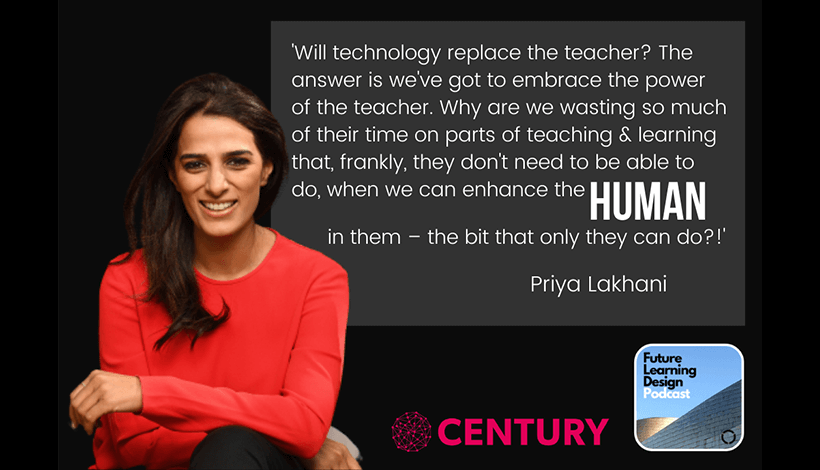What is it really that we are talking about when we speak of “the education system”? Surely, you and I, educators around the world, students, school leaders are the system. We can act to make small but impactful changes every day to improve the learning experience for our students and our colleagues.
While this may be an empowering thought, this is but one part of our reality. We work within a context of constraints, incentives, policies, and accountability measures. We come up against this every day in our classrooms, meeting rooms, and boardrooms. Maybe this too is “the system” that we speak of. And this is harder to change.
In her damning critique, British technologist and entrepreneur, Priya Lakhani OBE highlights with me how this system of perverse incentives is taking us all down a path that doesn’t meet the needs of anyone — learners nor teachers! Maybe we’re following the wrong North Star.
Priya Lakhani:
Our present education system is just simply not fit for purpose. And the chief victims of this are not just the children in the schools, but the teachers as…


